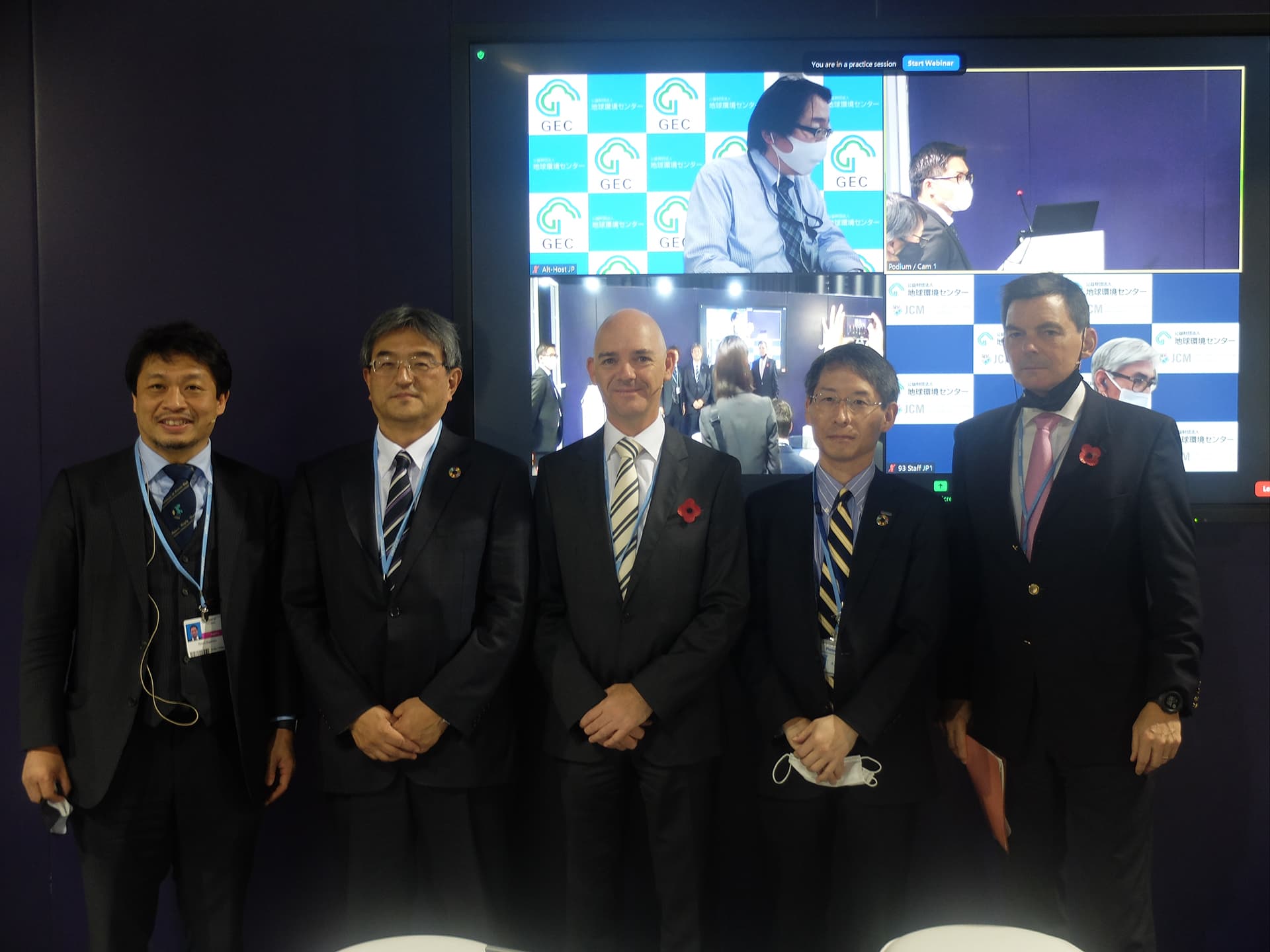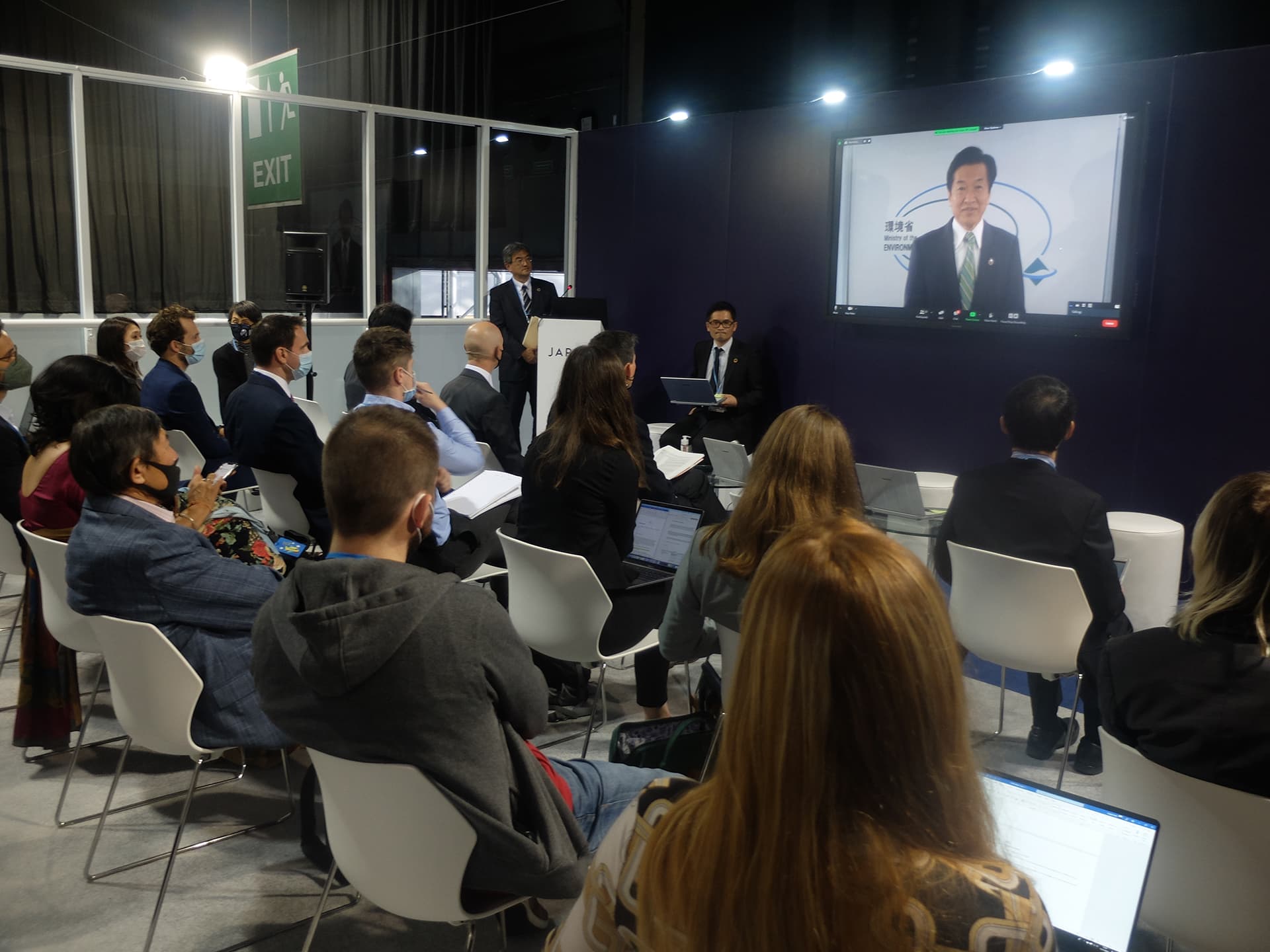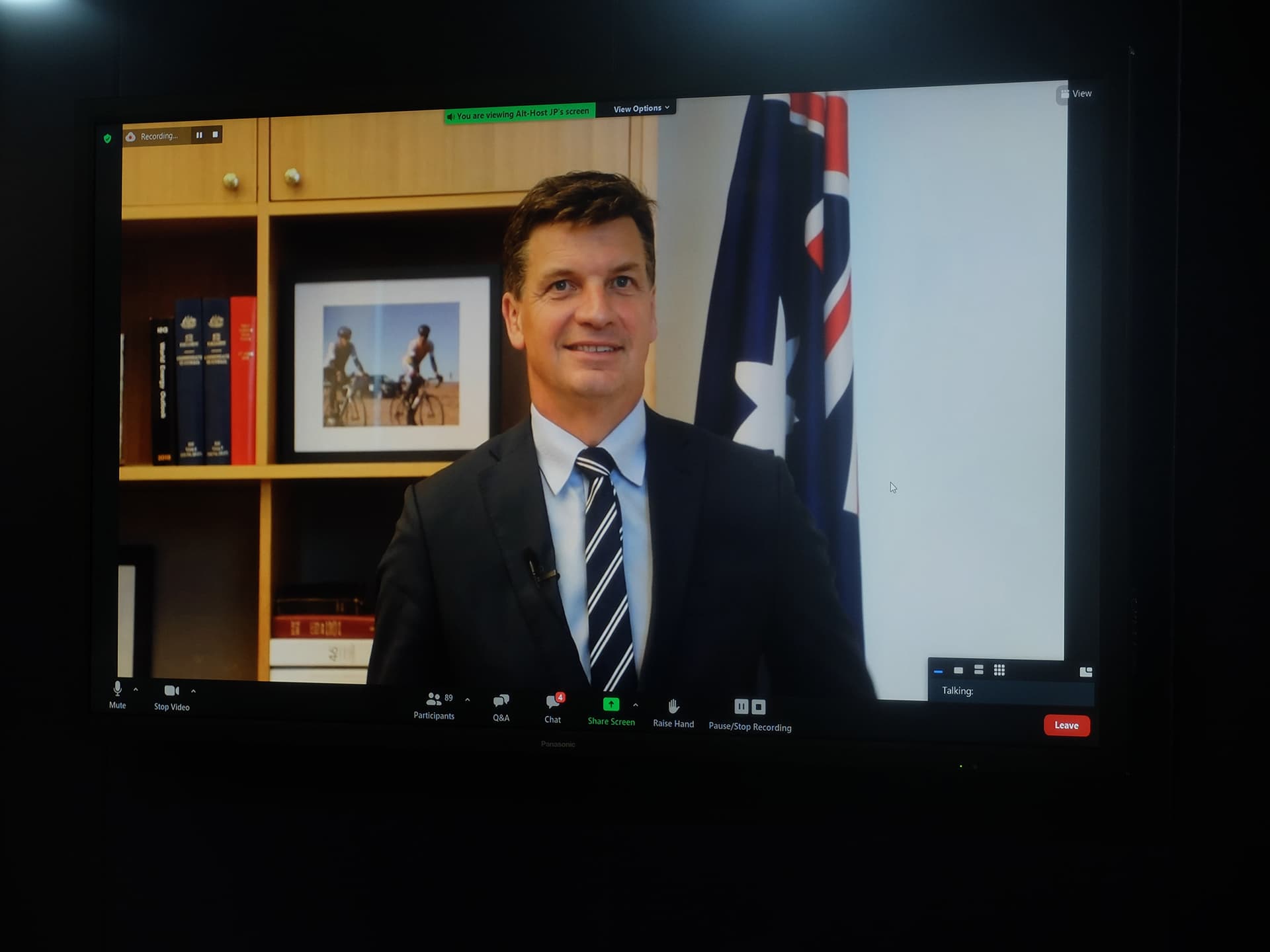2021.11.11 THU
10:30 - 12:00
2021.11.11
Green hydrogen to support the energy transition toward a decarbonized society
Ministry of the Environment (Global Environment Bureau, International Cooperation and Environmental Infrastructure Strategy Office)
Seminar abstract
Promotion of renewable energy is a key to the transition to a carbon-neutral society in many regions including the Indo-Pacific. However, access to and availability of renewable energy often varies from country to country and region to region. As such, it is crucial to unlock the potential of hydrogen, which does not produce CO2 by nature, and leverage its advantageous characteristics including storability, portability, and versatility. Hydrogen technology will create new opportunities for countries to access abundant or underutilized renewable energy resources overseas, which was previously a difficult task especially for island countries mainly due to their geographical location.
Japan and its partner countries including Australia, and international organizations including Asian Development Bank, have been accelerating their efforts to promote the utilization of hydrogen produced with renewable energy (green hydrogen) on a global scale.
Since production of green hydrogen requires abundant and affordable renewable energy, Australia possesses a great potential in advancing this effort, particularly because of its renewable energy production capability which surpasses the energy demand. In this regard, Japan and Australia have signed the "Japan-Australia Partnership on Decarbonization through Technology" in June 2021 and have been accelerating their cooperation on green hydrogen to meet net-zero emission goals.
In addition, the Ministry of the Environment Japan also has signed an agreement with the Asian Development Bank at the Environmental Policy Dialogue in June 2021 to cooperate in the hydrogen sector, with plans to undertake tasks aiming to create new markets for green hydrogen.
At this side event, government officials, business leaders, and other stakeholders from Indo-Pacific countries will share their experiences and case studies, with an aim to contribute to the efforts towards building global supply chains of green hydrogen, which will pave a path for Indo-Pacific region towards a carbon-neutral society.
Speakers
- • Mr. Yutaka Shoda Ministry of the Environment, Government of Japan Vice-Minister for Global Environmental Affairs
• Mr. Ryuzo Sugimoto International Cooperation and Sustainable Infrastructure Office, International Strategy Division, Global Environment Bureau, Ministry of the Environment, Government of Japan Director
• Mr. James Larsen Department of the Prime Minister and Cabinet (Australia) Climate Coordinator/ Deputy Secretary
• Mr. Darren Miller Australian Renewable Energy Agency (ARENA) Chief Executive Officer
• Mr. Kazuo Yonekawa Environment Public Affairs Office, Environmental Management Department, Quality & Environment Division, Panasonic Corporation Chief
▼Online speakers
• Mr. Shintaro Fujii Climate Change and Disaster Risk Management Division, Sustainable Development and Climate Change Department, Asian Development Bank Environment and Climate Change Specialist
• Dr. Demetrios Papathanasiou Energy and Extractives Global Practice, The World Bank Global Director
• Mr. Hiroshi Tachigami Power Business Dept. III, Marubeni Corporation General Manager
• Mr. Robert Grant Fortescue Future Industries Pty Ltd. Director of Energy
Event Materials
Session Summary
At this event held in cooperation with Australia, government officials from both countries, representatives from government agencies, international financial institutions and the private sector shared their initiatives and case studies with an aim to contribute to building global supply chains of Green hydrogen and the transition to a decarbonised society in the Indo-Pacific region.
At the beginning of the session, Mr. Yamaguchi, Minister for the Environment of Japan, Mr. Taylor, Minister for Energy and Emissions Reduction of Australia, and Mr. Speirs, Minister for the Environment and Water of South Australia, expressed their commitments to strengthen Japan-Australia collaboration in the field of hydrogen in their video messages.
In the first session, speakers from the Japanese Ministry of the Environment, the Australian Government, the Australian Renewable Energy Agency (ARENA), the Asian Development Bank (ADB), and the World Bank (WB) introduced their initiatives and pilot projects to promote the utilisation of green hydrogen on a global scale. The speakers emphasised the importance of providing comprehensive energy transition support for small island developing states (SIDS) and developing countries in the region. In the Q&A session, it was stressed that the Australian and Japanese governments, government agencies and international financial institutions should play their roles in the context of promoting green hydrogen, and collaborate among the Australian and Japanese governments and financial institutions.
In the second session, representatives from the private sector from Japan and Australia (namely Panasonic Corporation, Marubeni Corporation, and Fortescue Future Industries) introduced their initiatives toward a hydrogen energy society, sharing examples of advancement in the development of technologies for fuel cells and other green products using renewable energy sources. Ambitious decarbonisation goals and future prospects of the private sector were presented by the speakers.
Message and Results



2021.11.11 THUTimetable
13:00 - 14:30
2021.11.11
Research Institute of Innovative Technology for the Earth (RITE)
15:00 - 16:30
2021.11.11
Institute for Global Environmental Strategies (IGES)
17:00 - 18:30
2021.11.11
Ministry of the Environment Japan, EU, UNEP, UNIDO, Government of the Netherlands and World Economic Forum
